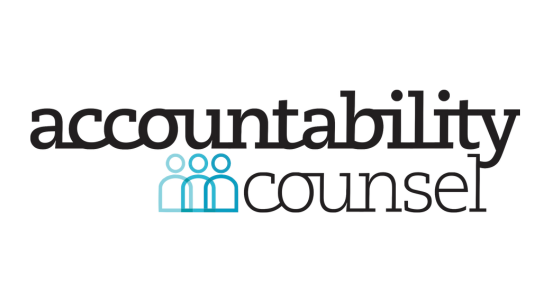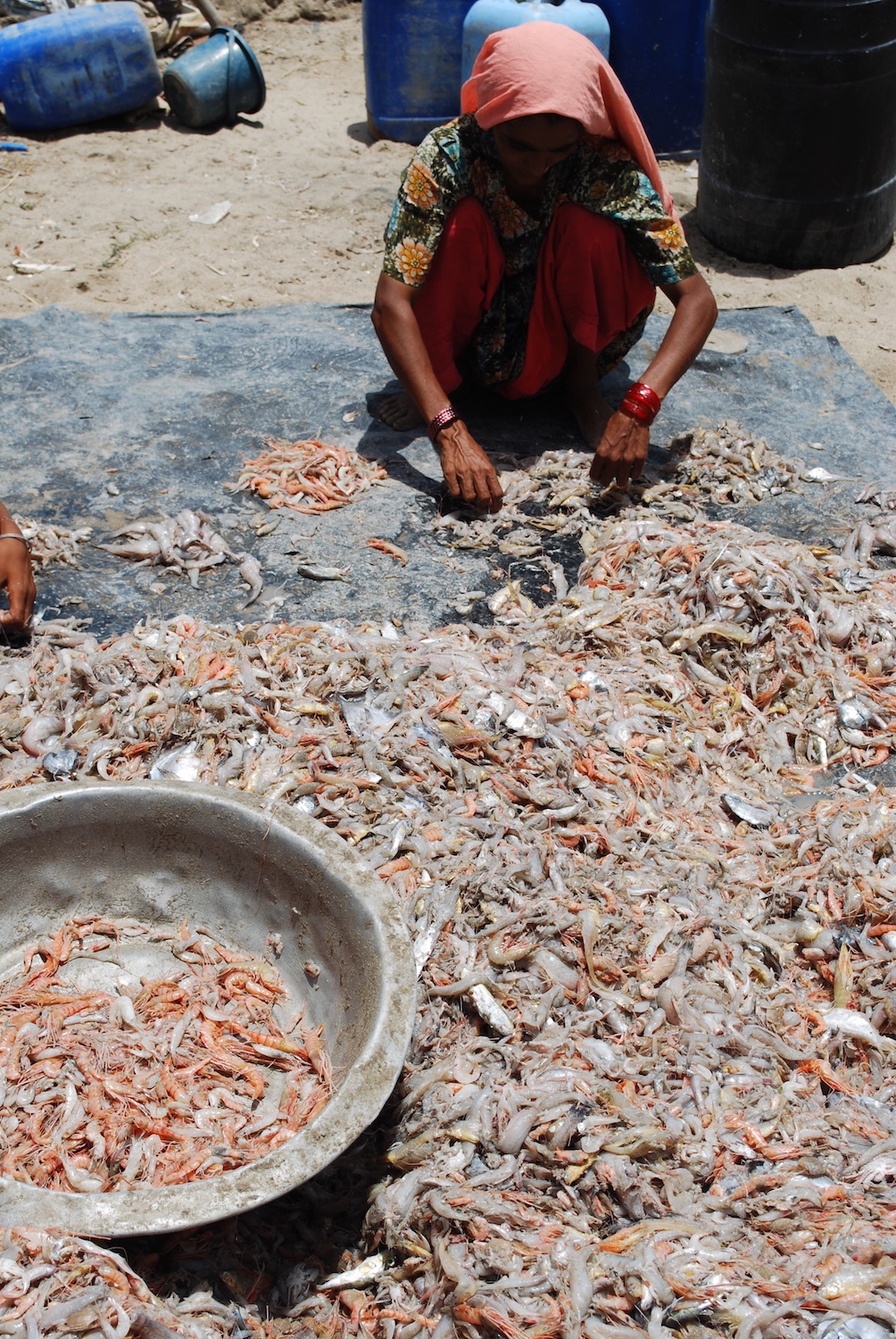World Bank Group Absolute Immunity Ends in Landmark U.S. Supreme Court Decision

FOR IMMEDIATE RELEASE
February 27, 2019
Today, the United States Supreme Court issued its decision in Jam et al. v. International Finance Corp., a landmark case challenging the World Bank Group’s claim to absolute immunity in a lawsuit brought by fishing communities in India and their lawyers at EarthRights International. In a 7-1 ruling, the justices have ended the International Finance Corporation’s (IFC) absolute immunity from lawsuits in U.S. courts. The immunity upset at the IFC, the private sector arm of the World Bank Group, will have wide-ranging and global implications.
As an organization dedicated to supporting communities to defend their rights when they are harmed by institutions like the World Bank, Accountability Counsel welcomes this decision to open the door for legal liability. As we argued in our joint amicus brief in support of the communities challenging the IFC’s absolute immunity, ending legal impunity for abuses will realign incentives to better ensure that international institutions are accountable for their actions, ensure that communities seeking justice have greater leverage, and lead to better development outcomes.

Woman sorting fish in Bhadreshwar Bhandar (Credit: Komala Ramachandra)
There are now several dozen accountability offices that allow communities to directly file complaints with the institutions making investment decisions that lead to harm. “With litigation now an option in certain cases, all parties will continue to have a strong incentive to invest in non-judicial accountability offices like the World Bank Group’s Compliance Advisor Ombudsman (CAO) or Inspection Panel,” said Fields. “In many cases, these offices offer a pragmatic alternative to litigation, as they are able to produce timely and cost-effective solutions for all parties to a grievance.”
“There is no question that international institutions will now need to strengthen their accountability frameworks as responsible and legally liable actors in the global economy,” said Kindra Mohr, Accountability Counsel’s Policy Director. “With this Supreme Court opinion, they will have a motive to improve their current safeguard policies and accountability frameworks that are key to preventing harm and delivering remedy when it occurs. A number of international institutions, including the World Bank Group, have an opportunity to immediately improve the effectiveness of their accountability offices through reviews that are currently underway.”
In immediate terms, the question of IFC accountability is live in Assam, India, where Accountability Counsel supports communities of tea workers that live and work on tea plantations jointly owned by the IFC. The IFC’s equity investment has scaled oppressive and hazardous living and working conditions, amplifying widespread suffering for the 155,000 people on these plantations. The tea workers’ complaint to the IFC’s CAO resulted in a scathing report finding the IFC violated its own rules meant to prevent harm. A newly released CAO monitoring report finds the IFC has failed to take meaningful action to remedy the harm, and that it risks perpetuating problems unless it takes action. “After today’s decision in Jam, we look forward to the IFC finally taking responsibility to address the robust findings of its own accountability office,” said Anirudha Nagar, Asia Director at Accountability Counsel. “Tea workers, and the millions of people around the world like them who are harmed each year, have always deserved the dignity of being able to access justice from powerful global institutions. This decision moves these communities a step closer toward the accountability they deserve.”

